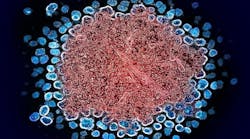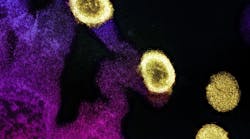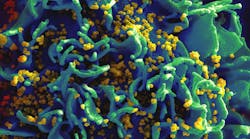Pivotal studies of some biomedical HIV and sexually transmitted infection (STI) prevention interventions have excluded cisgender women or demonstrated low efficacy among them, limiting their prevention options relative to other populations who experience high HIV and STI incidence.
Findings from a NIAID-funded study published in The New England Journal of Medicine show doxycycline postexposure prophylaxis (better known as DoxyPEP) did not prevent STI acquisition in cisgender women, despite showing promising results in gay, bisexual, and other men who have sex with men and transgender women in a previous study.
The study, conducted among Kenyan cisgender women, found no significant reduction in STI incidence among those taking DoxyPEP compared to a control group. This is in contrast to the findings from a U.S. study published earlier this year in which oral doxycycline given within 72 hours of condomless sex reduced the incidence of common bacterial STIs by two-thirds among gay, bisexual, and other men who have sex with men and transgender women. Investigators suggested these results may be due to low DoxyPEP use, high existing resistance to doxycycline among Neisseria gonorrhoeae bacteria, that cause gonorrhea, in the study location, and a local syphilis incidence too low to enable significant efficacy estimates.





